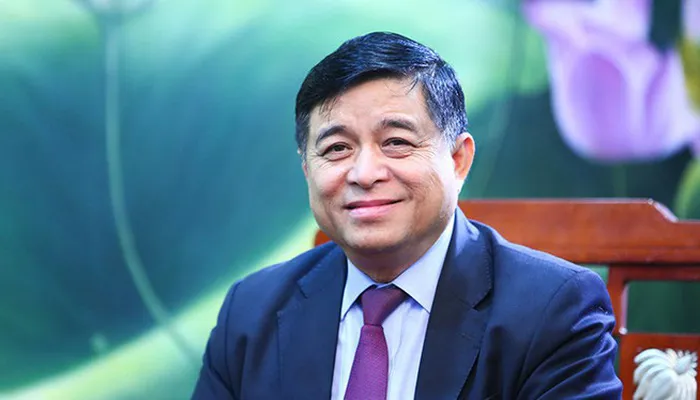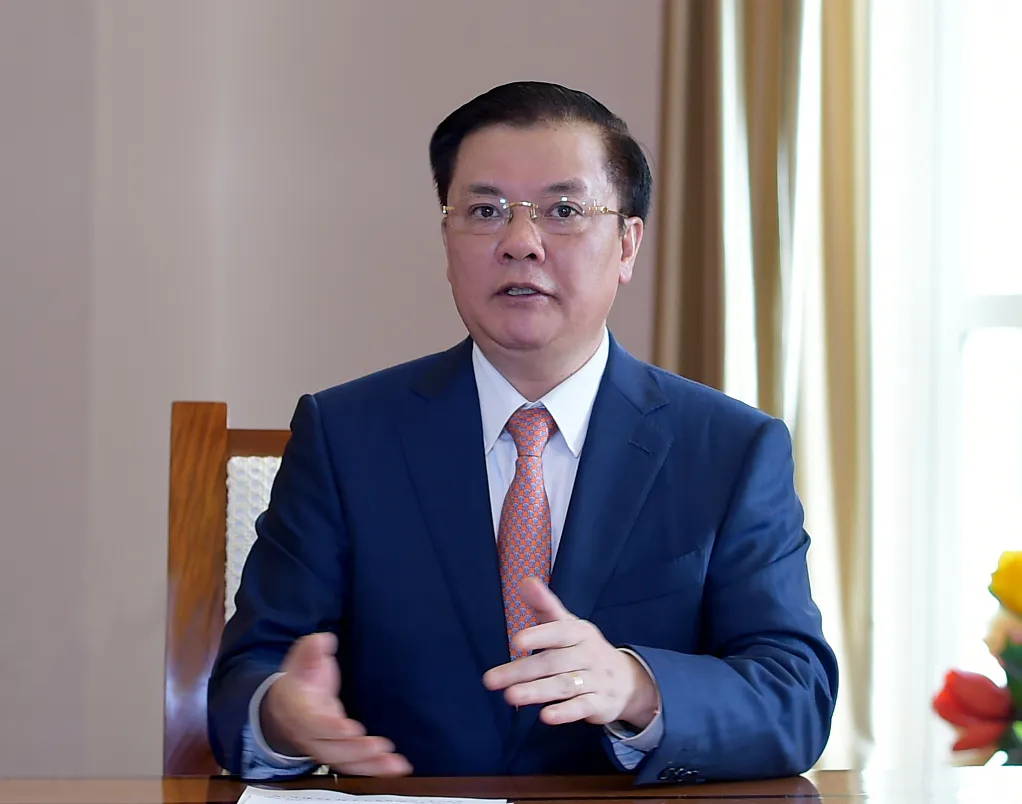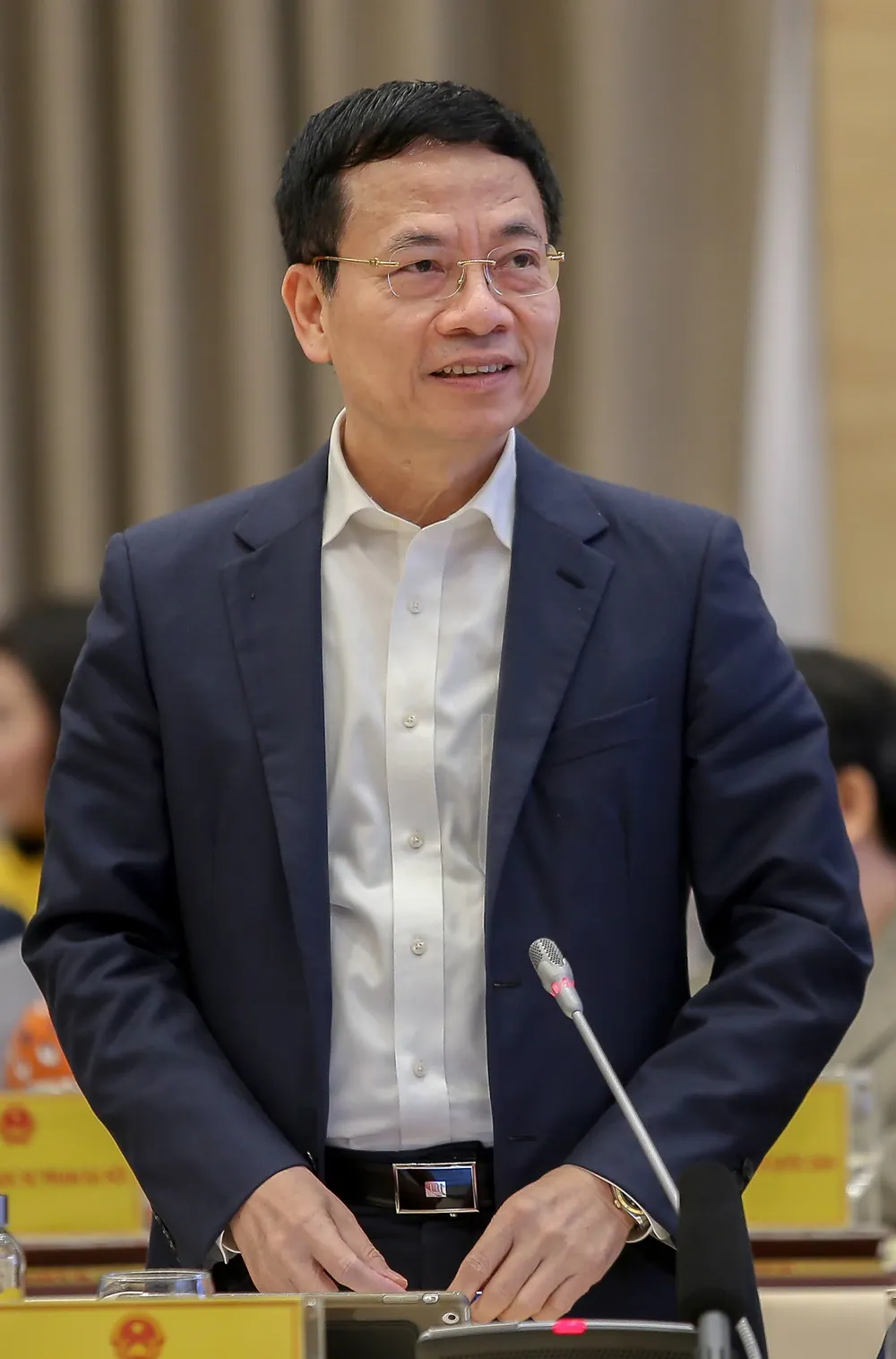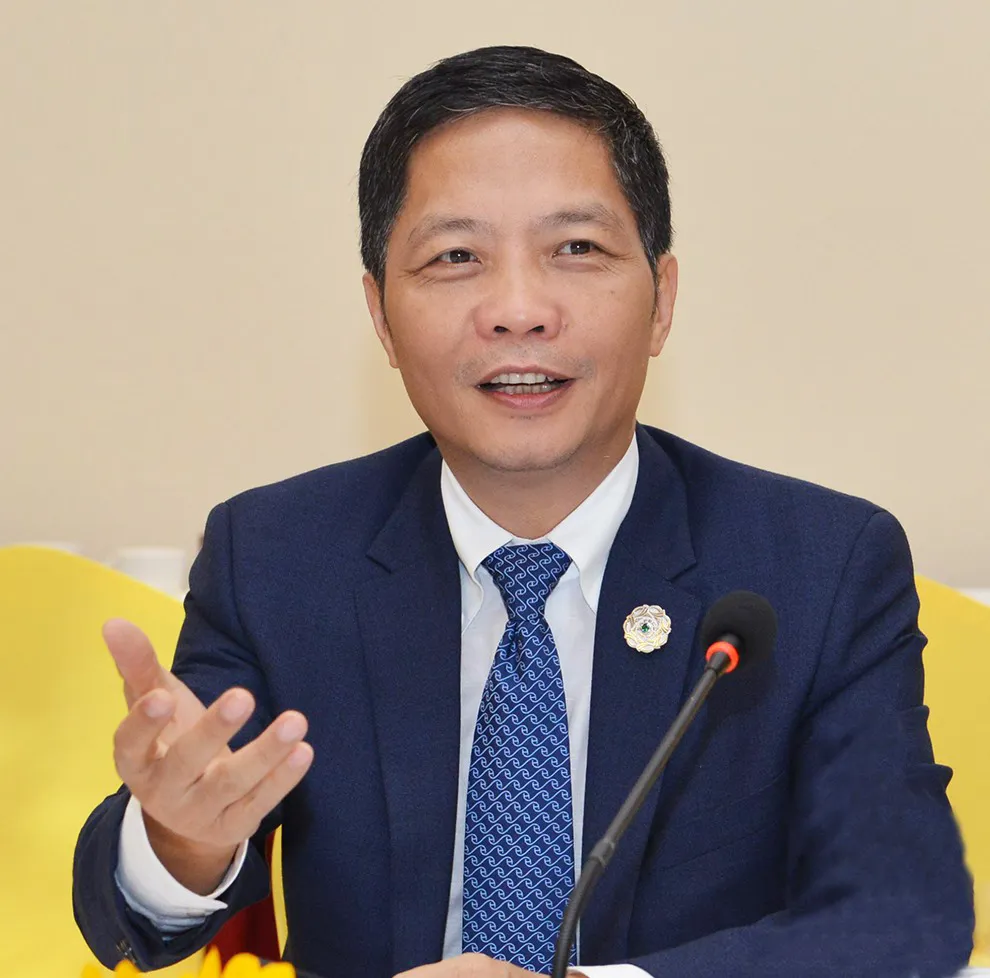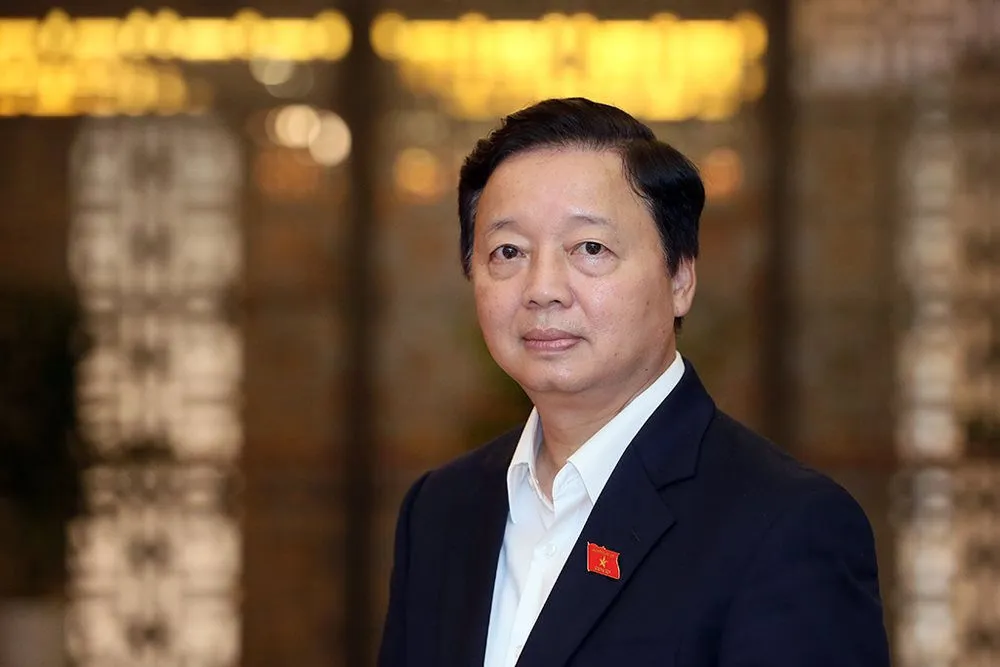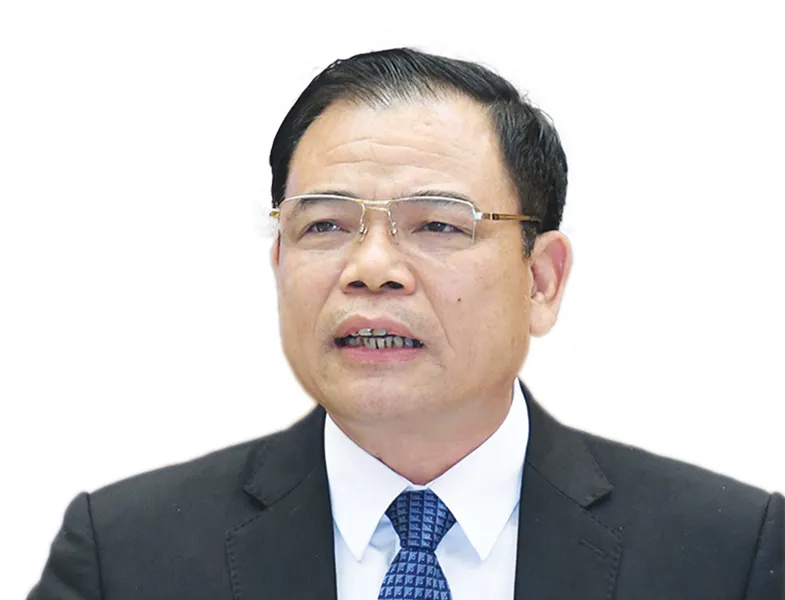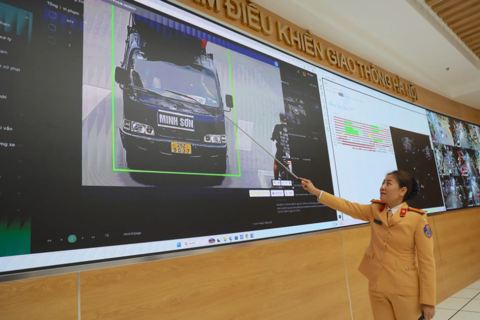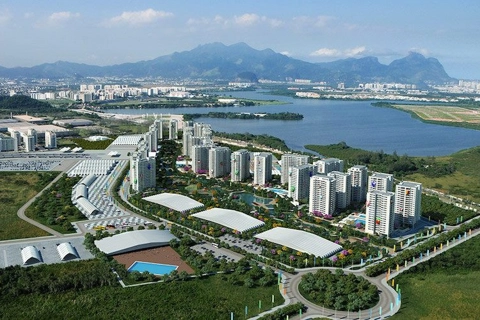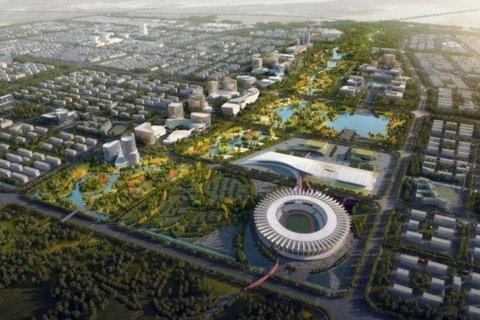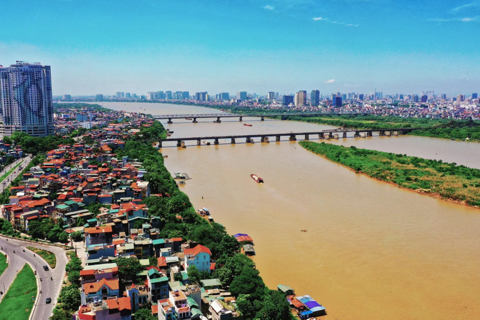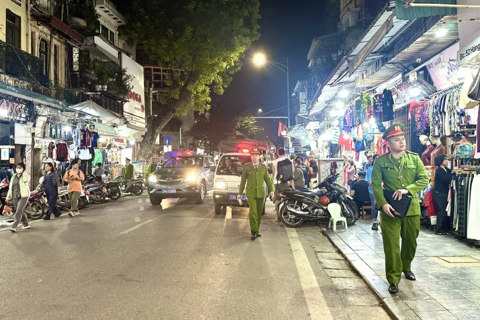Ministers pledge strong support for Hanoi development
Senior officials give solutions to address current problems and challenges facing Hanoi in various fields.
In meetings with Hanoi’s authorities to draft future plans and address existing issues, all government ministers stressed their full support to ensure the city’s rapid and sustainable growth.
Below are the views and thoughts of top government officials to move the city forward that Hanoitimes collected during the meeting.
Minister of Planning and Investment Nguyen Chi Dung: Urgency in infrastructure development
Over the years, Hanoi has achieved significant progresses in socio-economic development. Even in 2020 with the severe Covid-19 impacts, the city still delivered a positive economic growth and improved productivity.
Along with the local government’s efforts in improving the business environment, Hanoi remains an attractive destination for foreign investment, which came on the back of staying at top of the country in terms of attracting foreign direct investment (FDI) for the 2018-19 period.
However, the city’s potential remains vastly untapped and there have not been clear development breakthroughs, while innovation progress has left much to be desired.
Social issues have also been a source of public discontent with traffic congestion and overloaded infrastructure system.
It is worth mentioning that Hanoi is at the center of the northern key economic zone, so there is an urgency to push for greater investment in infrastructure development.
The Ministry of Planning and Investment (MPI) supports Hanoi’s initiatives in building new transportation routes to form economic corridors, at the same time upgrading urban technical infrastructure of railway routes, bridges, and belt roads.
The MPI would closely cooperate with Hanoi in the master planning process and realizing the socio-economic development plan in the 2021-30 period, with vision to 2045. During this process, the ministry would help Hanoi attract large scale FDI projects using modern technologies with high added-value; reform administrative procedures; and support Hanoi’s enterprises during the digital transformation process.
Minister of Finance Dinh Tien Dung: Sustainable budget structure
Despite growing global and domestic uncertainties, Hanoi is still able to keep a sustainable budget structure, in which domestic revenue makes up 80% of the total city revenue and records an average growth rate of 9.7% per year.
Such growth is higher than the national average of 8.8%, and the city’s domestic revenue contribute 21% of the total nationwide.
For the city’s upcoming finance-budget plan in the 2021-25 period, Hanoi should continue to adopt drastic measures in improving the business environment, as well as realizing its current advantages to enhance economic competitiveness. A strong economic growth would create a strong base for Hanoi to attract investment capital, especially hi-tech projects that would contribute to sustainable source of revenue for the state budget.
In the coming time, Hanoi should pay more attention to the privatization of state-owned enterprises under the instruction of the government, while ensuring greater efficiency in the budget management, especially in the utilization of natural resources, lands and public services.
Minister of Information and Communications Nguyen Manh Hung: Technologies and innovation key for growth
Technologies and innovation would be the decisive factors to support Hanoi’s development and further attract foreign companies to commit long-term businesses in the city.
As part of Hanoi’s efforts in developing smart city, digital transformation should be at its core, and the Ministry of Information and Communications (MIC) stands ready to help Hanoi realize its goals.
Regarding the development of e-government, Hanoi should target to have 100% of public services at the advanced online stage 4 in 2021. A digital government would be able to provide more services and support for the people.
Smart city in its nature is to apply technologies into all aspects of life, from education, healthcare to transportation. On the other hand, Hanoi should consider stepping up efforts in securing cyber security to become one of the world’s safest cities in the cyber environment.
Minister of Industry and Trade Tran Tuan Anh: Prioritizing e-commerce infrastructure
Hanoi is not only Vietnam’s key production hub, but also where headquarters of major exporters are located.
Therefore, if enterprises in Hanoi could take advantage of free trade agreements (FTAs) that Vietnam is a part of, this would create high spillover effects to their local peers in other provinces/cities.
The Ministry of Industry and Trade (MoIT) has been working with Hanoi in ensuring efficient implementation of FTAs.
In terms of e-commerce and digital transformation, there remain shortcomings in legal framework. The MoIT expects Hanoi to invest in infrastructure for e-commerce and consider this as key driving force for growth in the next development phase.
Meanwhile, Hanoi could also provide support for domestic retailers in accessing logistics and infrastructure system to further penetrate international retail markets.
Minister of Natural Resources and Environment Tran Hong Ha: Opportunity for Hanoi to create breakthroughs in legal reform
Hanoi is a large city with rapid urbanization rate, so the city has been dealing with a large number of social issues. While Hanoi is among those hardest-hit cities in Vietnam by the Covid-19 pandemic, the city has effectively put the pandemic in control, showcasing the strong capabilities of Hanoi leaders.
At the moment, Hanoi is facing challenging environmental issues and difficulties in land management. But from other perspective, this could be seen as an opportunity for Hanoi to create breakthroughs in legal reform. To continue addressing environmental pollution, the efforts of the state is insufficient, which requires the participation of the entire society.
Hanoi, thus, should raise public awareness in environmental protection.
Regarding the issue of land management, Hanoi should focus on improving efficiency in operation of local authorities at district- and ward-levels, especially in the issuance of land-use rights certificate.
Minister of Agricultural and Rural Development Nguyen Xuan Cuong: Greater role for agricultural sector
In the immediate future, Hanoi has identified two priorities, including the capability of self-supplying basic necessities for a population of 10 million people, and to become an agricultural production hub of the country.
Hanoi’s agricultural sector should hold greater role in Vietnam’s overall economic development. In this regard, farmers in Hanoi should be pioneers in applying modern technologies from the Industry 4.0.
Moreover, the city should have more incentive policies to attract talents into the agricultural sector.
In the Red river zoning plan, the Ministry of Agricultural and Rural Development would continue to work with Hanoi in speeding up the process and tackling negative impacts from climate change in this area to mitigate risks to the people living in the region.

